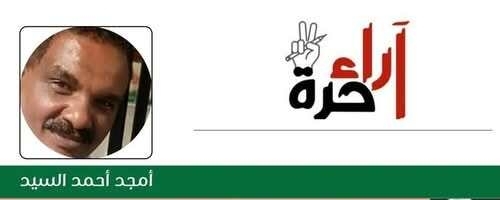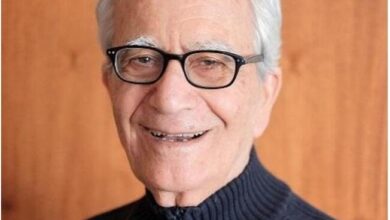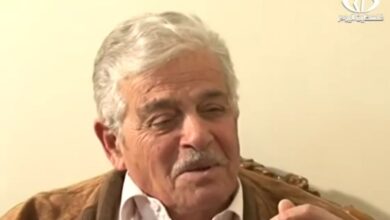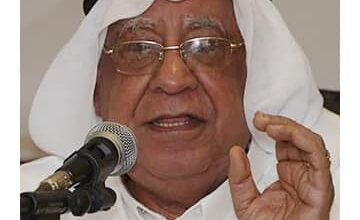The Israeli-Iranian War and Its Repercussions on Iraq. By: Amjad Ahmed Al-Sayed -Sudanese Alhadaf. June 19,2025 Translated from Arabic by Ibrahim Ebeid.
By: Amjad Ahmed Al-Sayed -Sudanese Alhadaf. June 19,2025 Translated from Arabic by Ibrahim Ebeid

The Israeli-Iranian War and Its Repercussions on Iraq.
By: Amjad Ahmed Al-Sayed -Sudanese Alhadaf. June 19,2025
Translated from Arabic by Ibrahim Ebeid.
Escalation of the military confrontation between the state of the occupying entity and Iran, its repercussions accelerate to affect the arenas of Iranian influence in the region, especially Iraq. This country, which has been, since the US invasion in 2003, an arena of conflict between the projects of the American occupation and Iranian expansion, now finds itself at a defining moment. Will this war weaken the brigades loyal to Tehran? Is the stage preparing to build an actual citizen state away from sectarianism and external dependence? More importantly, will Iraq witness a return to the Arab Socialist Baath Party as a significant political and social force, or a resurgence?
Iran’s proxies in Iraq, represented by the Safavid Shiite armed factions, will undoubtedly be affected by the war in many ways:
Logistical and financial weakness as a result of the depletion of Tehran’s capabilities.
Lack of direction and leadership due to Iran’s preoccupation with its major battle.
The escalation of widespread protests against manifestations of foreign dependency.
All these factors indicate the possibility of a decline in the role of these factions, especially if a national political alternative emerges that accommodates the state of widespread rejection and rebuilds the national project.
The central government in Baghdad has two choices: either seize the historical moment to dismantle the influence of militias and liberate political decision-making, or remain in a cycle of dependency and division.
Will the Ba’ath return to be a pivotal player in the Iraqi arena?
The Arab Socialist Baath Party constitutes a social and political presence despite more than two decades of attempts to eradicate, marginalize, and exclude it. It still maintains a tangible presence in the Iraqi collective consciousness, especially among the particularly popular circles that have been disproportionately affected by quota policies and corruption. It maintains and depends on the outside. Today, the party emerges as one of the potential actors in any alternative national project, for the following reasons:
His consistent rejection of foreign interventions, whether American or Iranian.
Adopting a nationalist unitary discourse that transcends sectarian divisions.
The existence of an organizational structure that remains operational secretly and openly in many governorates.
His rapprochement with the forces of Tishreen and the widespread protests that seek to overthrow the sectarian system of government.
As international and regional powers attempt to impose new political equations in Iraq, the Baath may be a central pillar of any broad national alliance that seeks to build a truly sovereign state, freeing Iraq from tutelage and controlled domination.
Iraq is at a delicate stage. The war may weaken Tehran’s domestic proxies, but it could also spark internal conflicts if not managed rationally and patriotically. Either a citizen state of law, or an open arena for an endless regional power struggle. The current moment of war may be a moment of salvation for Iraq if the national forces make good use of it. It would be a grave mistake to ignore established popular forces such as the Baath Party, the Tishreen forces, or independents, because building a new Iraq requires a comprehensive historical alliance that restores the meaning of the state, the people’s decision, and Arabism its identity.





